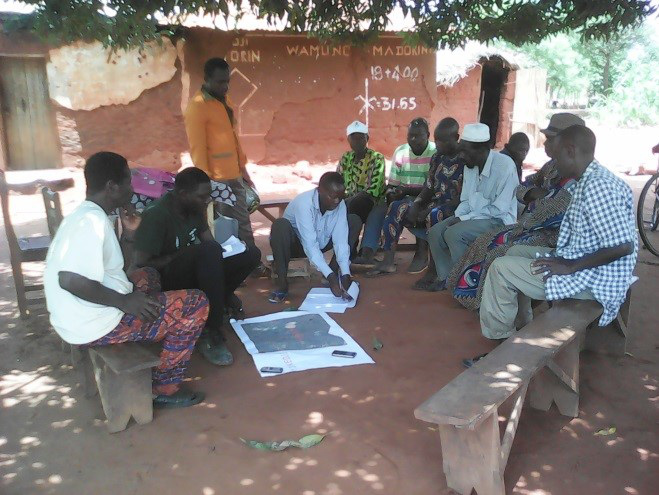Context
The peaceful presidential elections of 2016 underscore Benin’s stable political environment in a turbulent region. With a strong private sector orientation, the new government aims to transform Benin’s economy, focusing on macroeconomic stability, good governance and increasing the added value of its agricultural sector. Poverty remains pervasive and population growth rampant. If not addressed, this will exacerbate existing inequalities and create socio-political tensions. This is all the more pressing given that Benin - traditionally a country of emigration – is becoming a destination for immigrants. Attractive factors include its political stability, its maritime coast and its location in the prosperity zone of West Africa. The embassy supports the government in creating youth opportunities (Beninese and from the sub-region), by strengthening people’s resilience to climate change, improving youth and women’s employment, sexual and reproductive health and rights, water supply and sanitation, food security and economic diplomacy.





